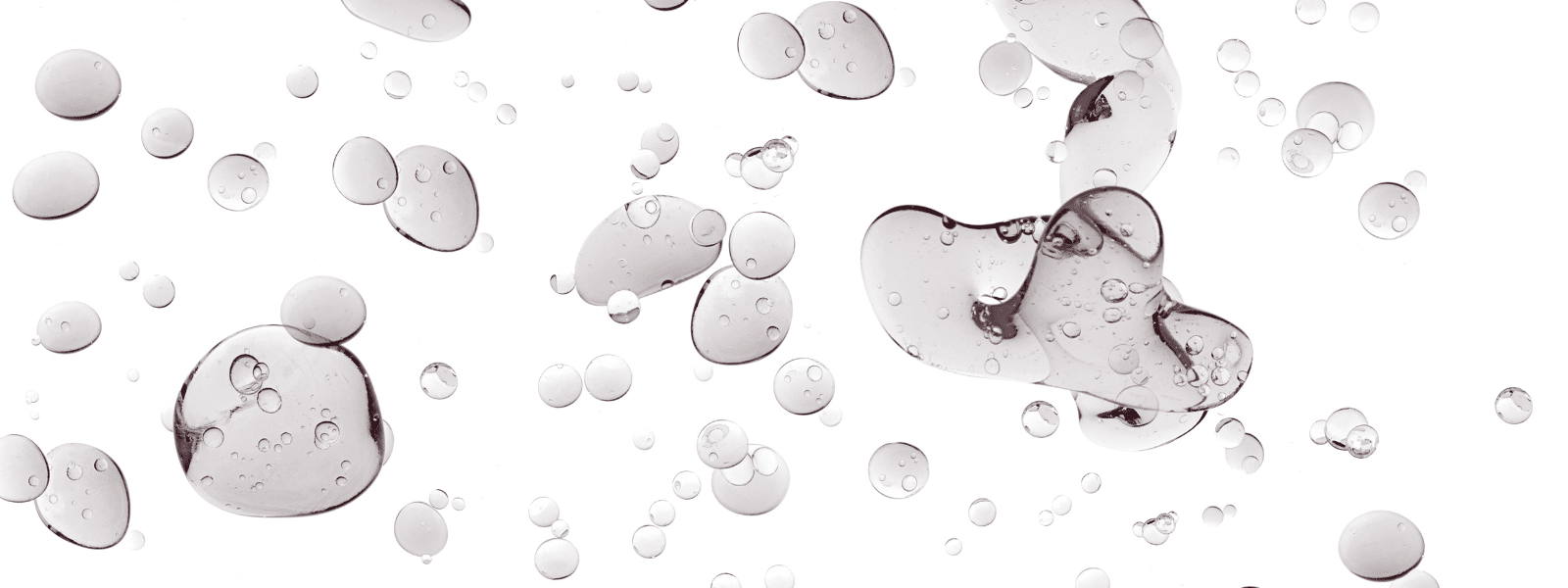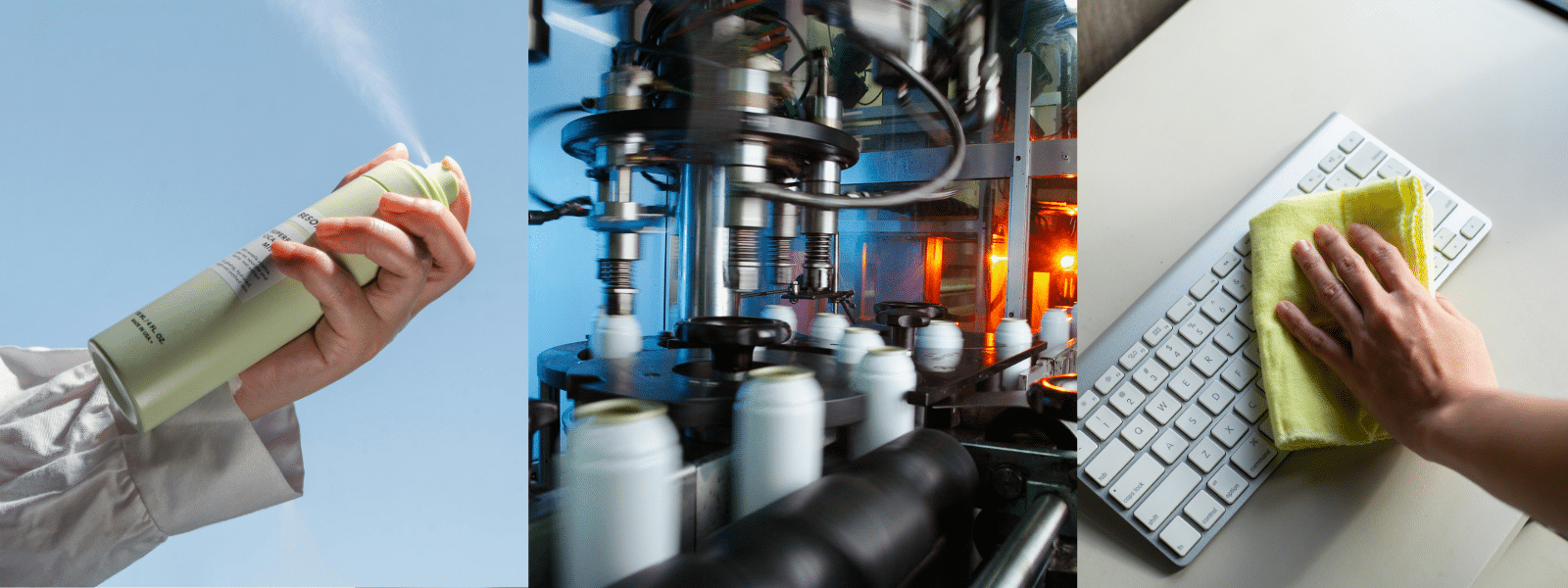Hazardous air pollutants (HAPS) are substances that commonly emanate from chemical solvents that have a high rate of evaporation. Both artificial chemicals and natural compounds can contribute to the level of HAPs in the work environment, with volatile organic compounds (VOCs) that vaporize at room temperature being especially difficult to manage and control.
Why Use a HAPS Free Solvent?
As recently as a few decades ago, a HAPs free solvent was relatively hard to acquire, as companies tended to use toxic solvents, and wished to avoid the hassle of switching to new ones, and also because environmental conscientiousness was not as profound as it is today. However, as more HAPs free solvents hit the market, and their benefits became more well-advertised, many users of traditional solvents made the switch to a HAPs free solvent.
Helps Protect Workers
HAPs can cause acute health problems, such as respiratory distress and upset stomach. The toxic pollutants can also lead to chronic health problems in those who have a high level of exposure to them over time, such as nerve damage and potentially cancer. For companies whose workers who develop chronic health conditions due to HAPs exposure, costly legal settlements, workers compensation payments, and loss of business productivity are the norm.
Helps Reduce Operating Costs
Effectively protecting workers from HAP exposure requires at least two things: a high level of personal protective equipment (PPE) and a ventilation system that quickly removes the largest percentage of HAPs from the work environment. Consequently, switching to a HAPS free solvent can help reduce operating costs by making certain protective measures unnecessary.
Helps Protect the Environment
HAPs also have a deleterious effect on the environment. Although the pollutants are airborne, they can be delivered by rainfall into water bodies and soil. Over the past two decades, this is one reason why the Environmental Protection Agency (EPA) has been so motivated to regulate and ban solvents that contain HAPS, and levy large fines against companies that fail to comply.
Complies With EPA Regulations
To date, the EPA has severely regulated or banned the use of hundreds of solvents that contain HAPs. Unless your company uses an exceptionally small volume of a regulated, toxic solvent, switching to a HAPS free solvent is the optimal choice. In doing so, you remove the threat of EPA fines for exceeding emission caps, and you needn’t worry about the solvent being banned.
Looking for a HAPS Free Solvent?
If so, the solvent specialists at Ecolink will help you choose an eco friendly solvent that delivers the same cleaning power as the toxic solvent it replaces, if not more cleaning power. We sell a wide array of pre-formulated, HAPS free solvents, and we can also create a custom, HAPS free cleaning solution if our inventory doesn’t contain a solution that meets your cleaning needs.
For information on transitioning to a HAPS free solvent, call us today at at (800) 563-1305 to schedule a free consultation, or fill out the contact form on our website. We look forward to helping you create a safer cleaning process for your workers and the natural environment!















